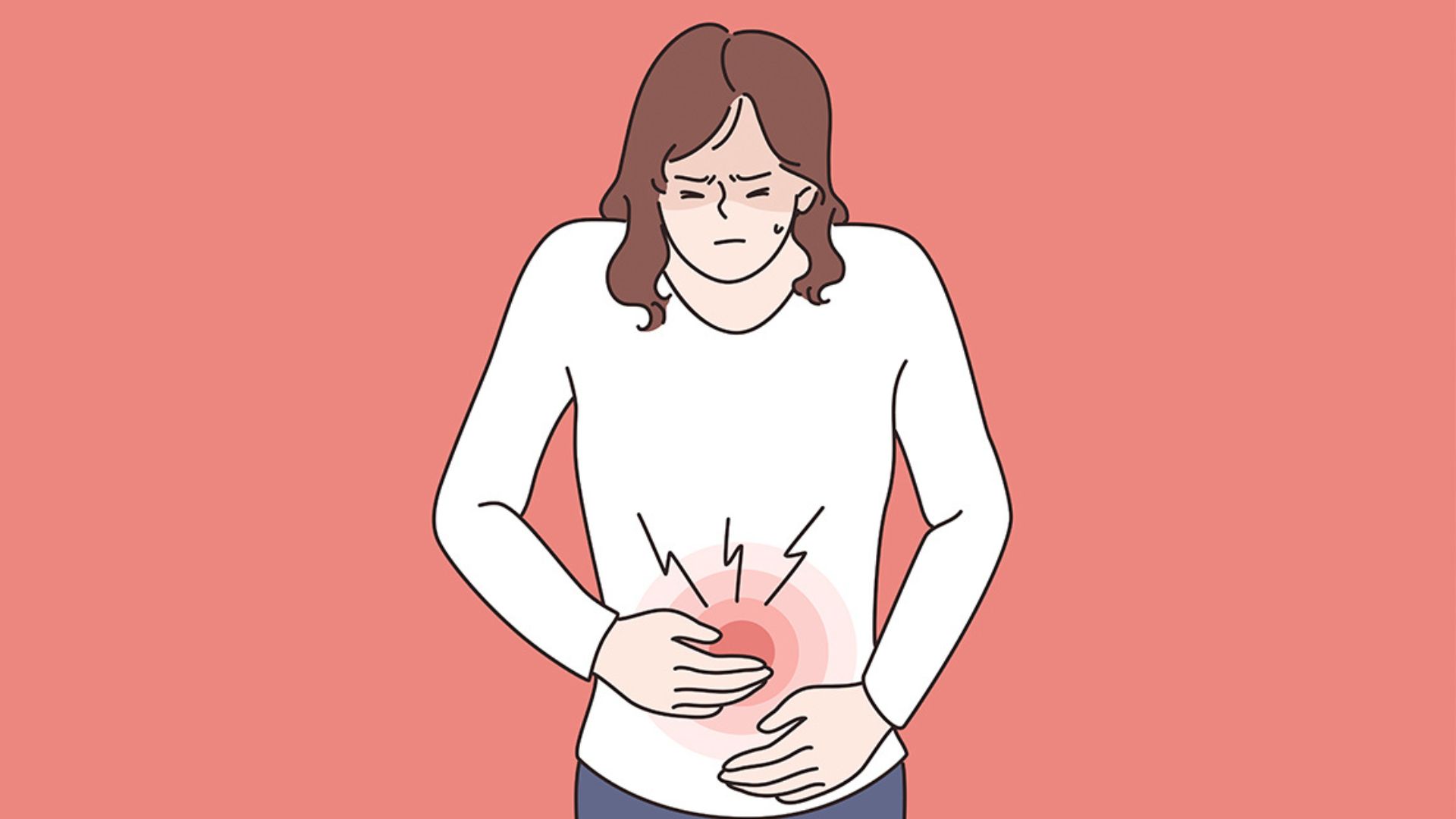There is no perfect way to cope with grief and loss but there are healthy ways to release these emotions from your mind and body. When we experience any form of loss, grief is the first emotion that sinks into our heart. Grief can be overwhelming as it encourages other emotions such as anger, disbelief, guilt, shock, pain, or sadness to take control.
Spiralled in these negative emotions, not only our mental health goes for a toss but also our physical health. Some may experience insomnia, increased level of anxiety, fatigue, nausea, eating disorders or over-thinking.Also, coping with the news surrounding the pandemic is challenging.
Here are fe tips on how to cope with grief:
Face the fear: While most people suggest time will heal the pain unless you face the fear and resolve it from the root, it will surface again and again. Ignoring the pain now can be harmful in the longer run.
Release your emotions: It is vital to release the negative emotions from your body. To release these emotions, some may cry, yell, write it down in a diary or spend time alone. Expressing your emotions does not make you weak. Rather, it makes you an emotionally mature individual.
Move on: There is a difference between moving on and forgetting about it. Every incident will remain in your memory forever and form a major part of who you will become in the future. However, when you decide to move on, you still retain those memories in your heart but do not allow them to restrict your growth. In simple words, you take charge of your life.
Seek help: Asking for help is also a sign of strength. Never hesitate in reaching out to people to seek help. Talking to someone who truly cares about you, helps you healthily release your emotions.
Recurring emotions: The pandemic has been a tough time for all of us. Some have lost dear ones, relatives, friends or colleagues. It can be hard to deal with grief in these times. Don’t be afraid if these emotions keep recurring. Instead, reach out to coaches who can help you get rid of them.
Support your mental well-being: The best way to support yourself mentally is to take care of your physical health. From maintaining a healthy diet to maintaining a healthy routine, it will work out in your favour. A healthy body helps heal the heart.
Fill your emotional cup: Your grief is personal to you. Acknowledge and accept that it is okay to feel sad or cry. Involve yourself in activities that help you feel lighter. Write a letter, listen to music or repeat positive affirmations – the aim is to feel happier.
Be empathetic with yourself: Blaming yourself or being too hard on yourself will only make the pain seep deeper into your heart. Instead, acknowledge your efforts and learn from your mistakes. Give yourself time and space to heal from the grief.
Trust and faith: No matter what happens, the first and foremost thing is to retain your trust in yourself and faith in the universe. When you trust yourself, your brain starts to release signals to your heart – ‘Everything will be okay’. This mindset shift will bring a major shift in your life.
If you know someone who has recently suffered a loss, support them. A genuine & compassionate conversation can help people cope with difficult times faster. Being in physical isolation does not have to mean emotional isolation as well. Stay connected to your loved ones through video calls, texts and prayers.
The writer is a renowned life coach, consultant, speaker, and author.












